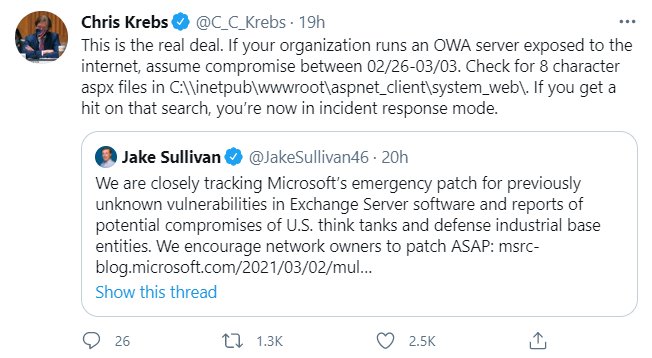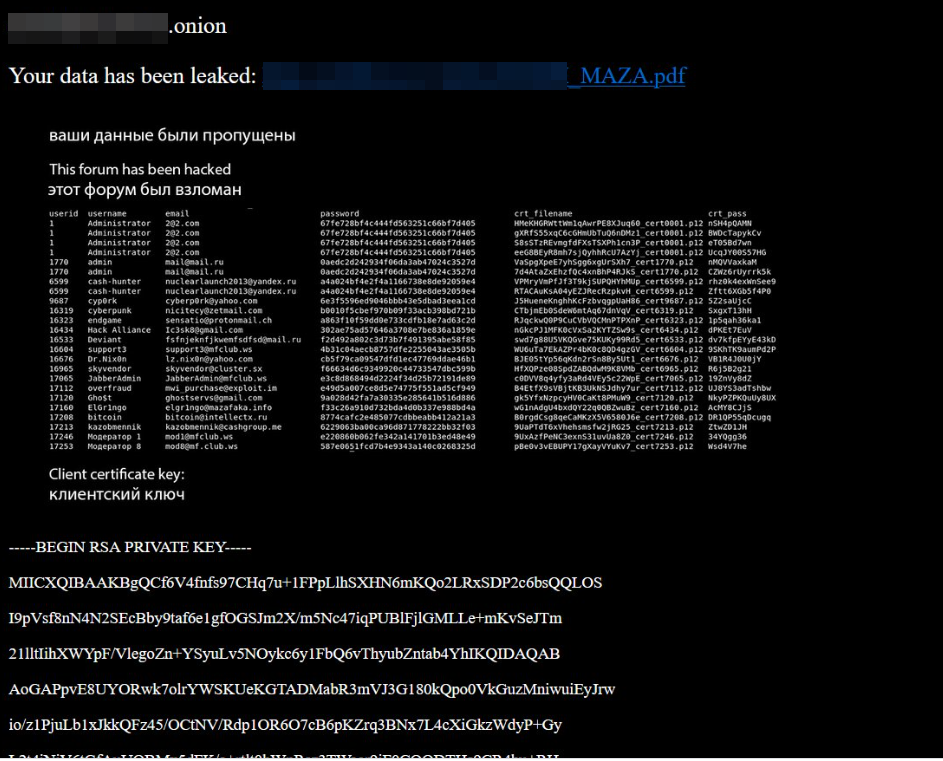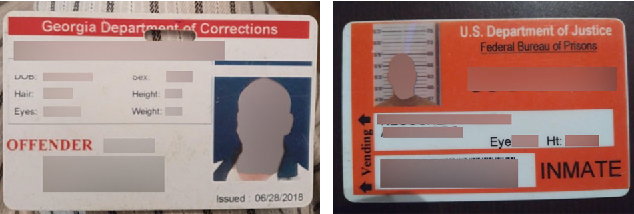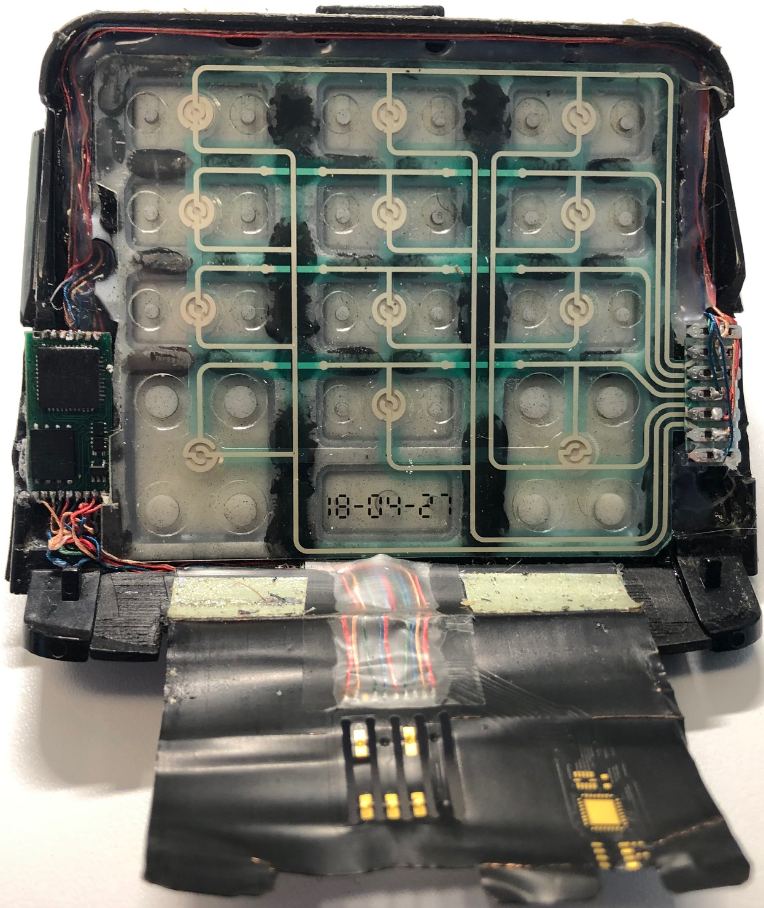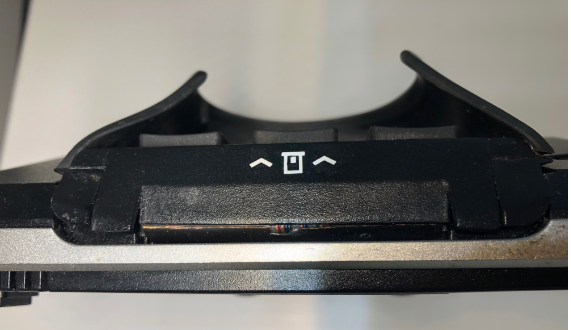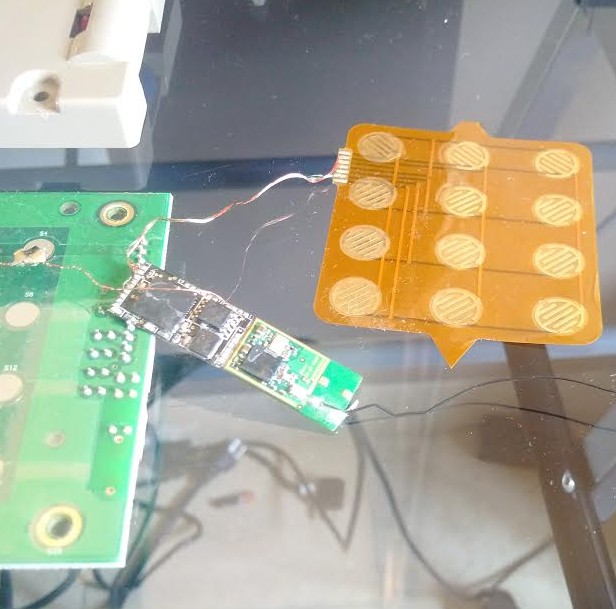Sometimes when a complex story takes us by surprise or knocks us back on our heels, it pays to revisit the events in a somewhat linear fashion. Here’s a brief timeline of what we know leading up to last week’s mass-hack, when hundreds of thousands of Microsoft Exchange Server systems got compromised and seeded with a powerful backdoor Trojan horse program.
When did Microsoft find out about attacks on previously unknown vulnerabilities in Exchange?
Pressed for a date when it first became aware of the problem, Microsoft told KrebsOnSecurity it was initially notified “in early January.” So far the earliest known report came on Jan. 5, from a principal security researcher for security testing firm DEVCORE who goes by the handle “Orange Tsai.” DEVCORE is credited with reporting two of the four Exchange flaws that Microsoft patched on Mar. 2.
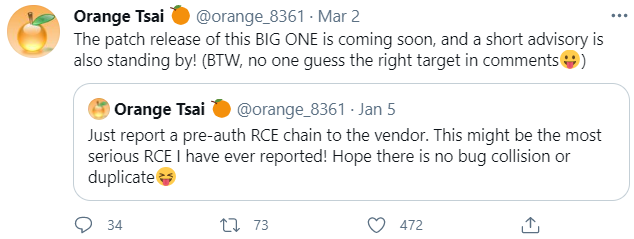
Reston, Va.-based Volexity first identified attacks on the flaws on Jan. 6, and officially informed Microsoft about it on Feb. 2. Volexity now says it can see attack traffic going back to Jan. 3. Microsoft credits Volexity with reporting the same two Exchange flaws as DEVCORE.
Danish security firm Dubex says it first saw clients hit on Jan. 18, and reported their incident response findings to Microsoft on Jan. 27.
In a blog post on their discovery, Please Leave an Exploit After the Beep, Dubex said the victims it investigated in January had a “web shell” backdoor installed via the “unifying messaging” module, a component of Exchange that allows an organization to store voicemail and faxes along with emails, calendars, and contacts in users’ mailboxes.
“A unified messaging server also allows users access to voicemail features via smartphones, Microsoft Outlook and Outlook Web App,” Dubex wrote. “Most users and IT departments manage their voicemail separately from their email, and voicemail and email exist as separate inboxes hosted on separate servers. Unified Messaging offers an integrated store for all messages and access to content through the computer and the telephone.”
Dubex says Microsoft “escalated” their issue on Feb. 8, but never confirmed the zero-day with Dubex prior to the emergency patch plea on Mar. 2. “We never got a ‘real’ confirmation of the zero-day before the patch was released,” said Dubex’s Chief Technology Officer Jacob Herbst.
How long have the vulnerabilities exploited here been around?
On Mar. 2, Microsoft patched four flaws in Exchange Server 2013 through 2019. Exchange Server 2010 is no longer supported, but the software giant made a “defense in depth” exception and gave Server 2010 users a freebie patch, too. That means the vulnerabilities the attackers exploited have been in the Microsoft Exchange Server code base for more than ten years.
The timeline also means Microsoft had almost two months to push out the patch it ultimately shipped Mar. 2, or else help hundreds of thousands of Exchange customers mitigate the threat from this flaw before attackers started exploiting it indiscriminately.

Here’s a rough timeline as we know it so far: Continue reading




